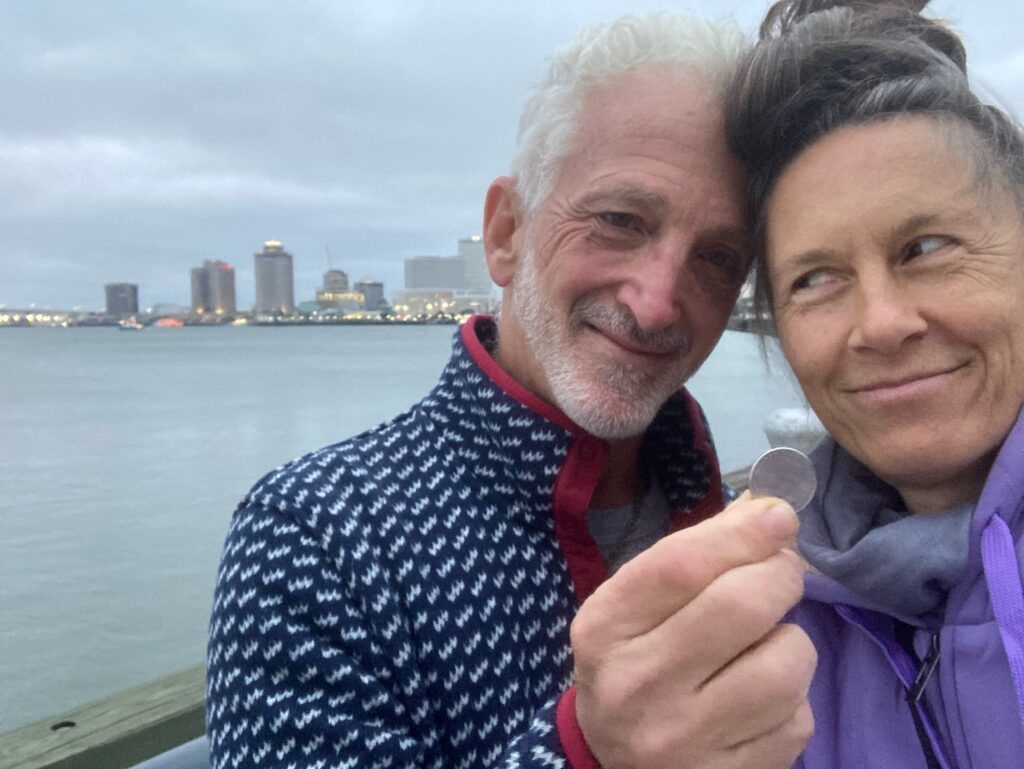Curious How Self-Esteem Affects The Outcome Of A Successful Relationship
Dating and relationships are fundamental aspects of human life. Not only do they give us the opportunity to discover love and companionship, but they foster personal growth as well.
That being said, the quality of our connections can be heavily influenced by our outlook on ourselves and our unique set of personality traits, also known as our self-esteem.
Self-esteem can either make or break the foundations of a healthy relationship. It affects how we approach social situations, handle conflicts, communicate, build trust, and engage in intimacy.
Read on as we explore how self-esteem impacts dating and relationships, common causes of low self-esteem, and practical tips that guide us toward building and maintaining healthy self-esteem.
How Self-Esteem Affects Dating and Relationships
In social psychology, self-esteem is defined as an individual’s opinion or subjective assumptions about their own self-worth or value as a person. It encompasses a range of beliefs including one’s strengths, weaknesses, capabilities, and overall self-worth.
High Self-Esteem in Relationships
High self-esteem is shown to be linked to greater levels of confidence, positivity, and resilience to stress or challenges.
Individuals with high self-esteem are more likely to communicate their needs with ease and create healthy boundaries with their partners. They believe they deserve love and respect and are unwilling to settle for or tolerate negative behavior from their partner. Ultimately, this leads to increased relationship satisfaction.
Low Self-Esteem in Relationships
On the other hand, low self-esteem can be detrimental to the quality of relationships. It can cause individuals to struggle with feelings of inadequacy, self-doubt, anxiety, and setting clear boundaries or advocating for their needs.
Low self-esteem affects how individuals approach social situations, conflict, and decision-making. Even the simplest of conversations can create tension and unease for someone with low self-esteem. This is especially challenging in the online dating world.
Signs of low self-esteem in dating and relationships may include:
- Constantly seeking validation from others
- Difficulty setting boundaries and saying “no”
- Overcompensating for perceived insecurities or flaws
- Constantly comparing oneself to others
- Fear of abandonment or rejection
- Jealousy or controlling behavior
- Codependency
- Self-sabotage
6 Ways to Build and Maintain Self-Esteem in Dating and Relationships
Embodying healthy self-esteem is one of the best ways to develop greater self-confidence in the dating and relationship world. Not only does it enable individuals to establish and maintain connections by building mutual trust and respect, but it fosters personal growth which is an integral part of any healthy relationship.
Here are some of our top tips to aid in the development of self-esteem.
1. Practice self-care
The act of self-care is a simple yet incredibly beneficial way to improve your physical, mental, and emotional health and well-being. Regular engagement in fulfilling and enjoyable self-care-focused activities can lead to higher levels of self-acceptance and confidence which translates to higher self-esteem.
Some examples of self-care activities include exercising, eating a well-rounded diet, getting enough sleep, and spending time with friends, family, or pets.
2. Identify, challenge, and overcome negative self-talk
Negative self-talk refers to the critical or harsh comments that we think in our minds about ourselves. Having low self-esteem influences our internal dialogue, creating a negative feedback loop of self-judgment, self-criticism, and self-doubt.
Identifying the way we speak to ourselves, challenging our thoughts, and reframing them in a more positive light can help us improve our self-esteem and lead to greater relationship satisfaction.
Here are some helpful strategies:
- Bring awareness to your inner dialogue and notice when it becomes negative
- Reframe negative thoughts in your mind, focusing on the positive or “silver-lining” (i.e. what is good about a situation or what can you learn from it)
- Focus on your strengths rather than dwelling on your perceived weaknesses
- Practice positive affirmations such as “I am capable”, “I am deserving”, or “I am strong and resilient”
3. Learn to set and maintain healthy boundaries
Boundaries are the blueprint to how we want and expect our partner to treat us, and vice versa. Creating and maintaining healthy boundaries offer us the ability to communicate openly and respectfully, build trust, overcome challenges, and offer support.
When we learn to set boundaries, we are able to communicate our needs, which in turn can increase our self-respect and self-worth, lower stress levels, and protect our well-being which in turn leads to higher self-esteem. An example of this may include requesting a few hours of personal time every day to pursue hobbies or interests that you enjoy.
4. Surround yourself with supportive people
Having a supportive network of friends and family can help motivate and encourage us when faced with adversity. They can make us feel validated and accepted as well as mentor us to develop skills to build confidence and self-esteem.
5. Practice self-compassion
Self-compassion refers to the act of treating oneself with kindness, empathy, and understanding. This may be in the form of forgiving ourselves for our flaws or mistakes, accepting our limitations, and focusing on our positive qualities.
With practice, self-compassion can lead to improved self-esteem by offering us a more realistic and accepting view of ourselves. Rather than striving for an unattainable ideal, we can accept who we are, along with our many unique traits.
6. Seek professional help
If low self-esteem is interfering with your ability to maintain healthy romantic relationships, seeking professional guidance may be necessary.
Therapy is a beneficial tool that helps us build more self-awareness for low-self esteem patterns or behaviors and also is fundamental towards developing coping skills to facilitate more positive and resilient self-worth. Ultimately, therapy can help us feel more empowered, both as individuals and as a partner within a relationship, which can enhance our self-esteem.
Key Takeaways
Self-esteem plays a fundamental role in our relationships as it affects how we approach social situations, decision-making, and conflict.
If you feel like your self-esteem could use a boost, try practicing self-care, challenging your negative self-talk, setting healthy boundaries, surrounding yourself with supportive people, engaging in exercise that focuses on self-compassion, or seeking professional guidance and support.
Not only can these strategies help build your self-confidence and contribute to greater self-esteem, but they all help foster personal growth, which in turn can lead to healthier relationships.
This post was written by the lovely Taylor Stranaghan. Taylor is a skilled writer with a passion for all things love and relationships. Drawing on her wealth of knowledge and expertise in the dating world, Taylor brings a fresh perspective to the table, challenging conventional dating habits and encouraging readers to think outside the box. You can find more of her work here!
Order my book from Amazon: How To Write A Great Online Dating Profile.
Within, you will find my best tips and strategies, including dos and don’ts, before and after examples, and a template to follow. There is also advice on which photos to choose and how to craft email messages. You will also find full written samples and a questionnaire to use for idea generation.
Also: The Mindful Dating Path. I designed this dating journal to help you process thoughts and feelings as they relate to who you are deciding to spend time with. This journal is a mix of guided prompts and plenty of free flow. You may want to view it as a mix of a plain journal and an interactive workbook. The prompts are recurrent based on Date 1, Date 2, Date 3 and more.
If you are someone thinking about trying online dating or giving it another go with a different approach, check out the Packages and Pricing Page and start dating with a great online dating profile.




